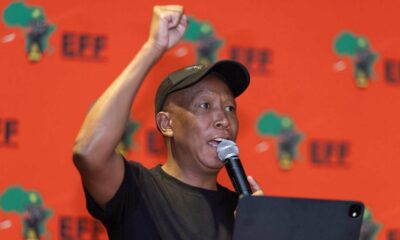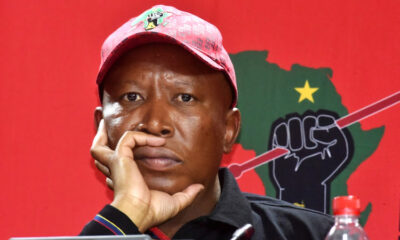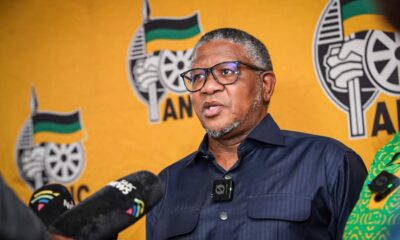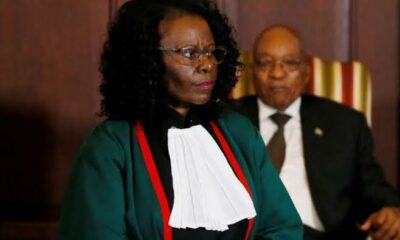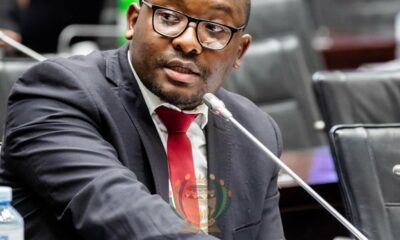News
Trump Ally Tells Malema: Apologise for ‘Kill the Boer’ Chant or Stop Fueling Hate
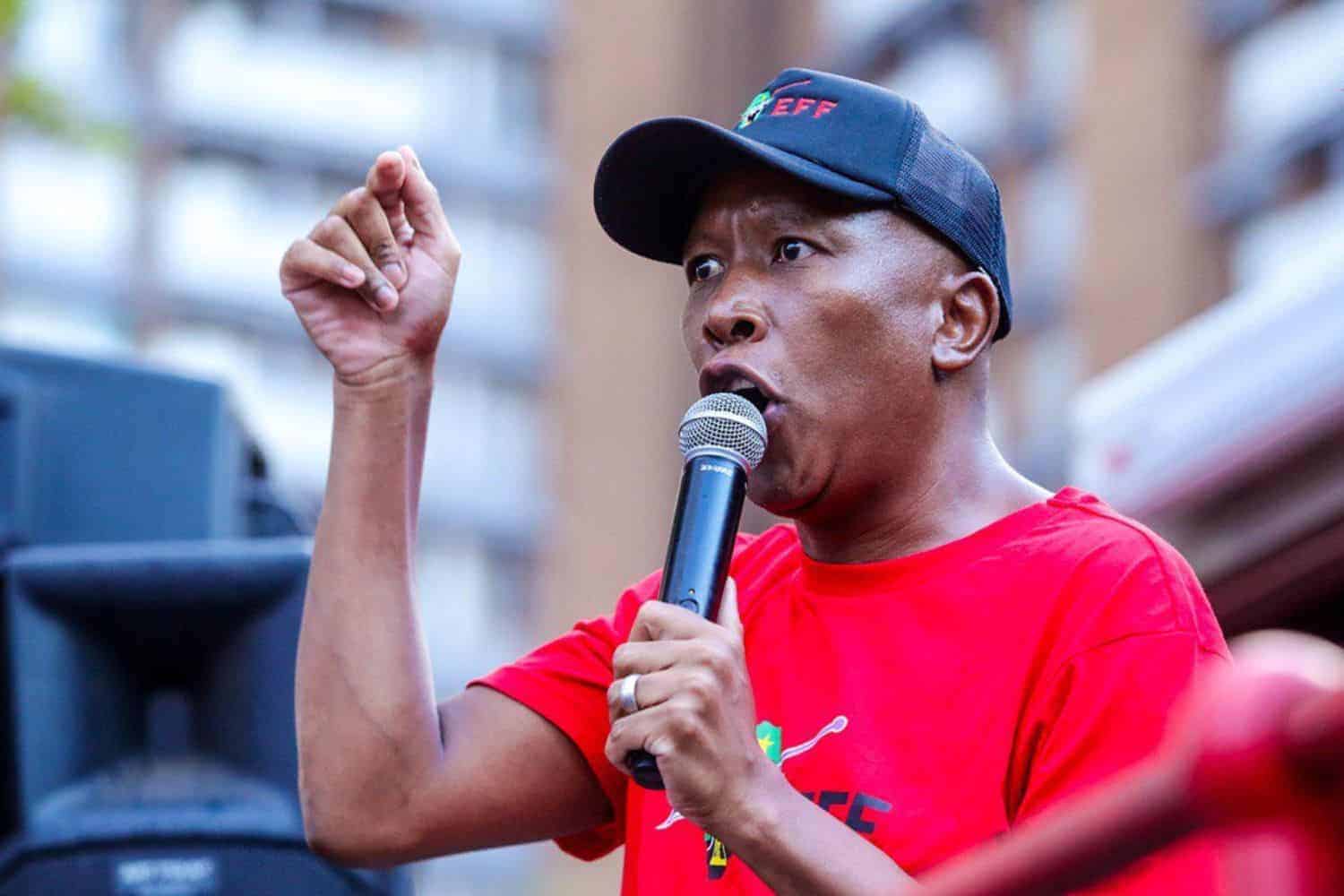
American pastor Mark Burns slams Julius Malema’s controversial chant as divisive, urging South Africans to unite and reject racial narratives
A Controversial Chant Echoes Globally
What started as a liberation-era song in South Africa has once again sparked global debate—this time, from the American right. Pastor Mark Burns, a prominent ally of Donald Trump, is calling on Economic Freedom Fighters (EFF) leader Julius Malema to apologise for chanting “Kill the Boer, kill the farmer.”
In Burns’ eyes, the chant may be legal, even protected by the Constitutional Court, but it’s doing more damage than good in a South Africa still healing from apartheid’s scars. “This is not biblical,” the South Carolina preacher said during a recent interview, adding that Malema’s words are “hurting my white brothers and sisters in South Africa.”
Burns: “There Is No White Genocide”
Burns’ comments follow his recent visit to South Africa, where he met with white Afrikaans farmers and even former apartheid-era officials. Despite concerns about rural safety, Burns left convinced that there’s no orchestrated genocide against white South Africans—a narrative that has long circulated in some Western conservative circles.
“I was shocked to hear this is what people in Washington, DC, are being told,” said Burns. “Yes, farmers are under threat—but so are millions of black South Africans, due to poverty and crime. It’s not racial cleansing; it’s criminal chaos.”
Trump, Ramaphosa, and the Global Spotlight
The issue hit international headlines after Trump, during a surprise ambush of President Cyril Ramaphosa, played footage of Malema’s chant in an attempt to justify claims of white persecution. Burns supported Trump’s move, but urged a more nuanced view. “Julius Malema is just a character trying to get attention,” he said bluntly.
He added, “We shouldn’t even be giving him airtime unless he’s ready to say, ‘You know what, I was wrong—this chant is causing division.’”
Malema Hits Back: “I Won’t Betray Our Struggle”
Malema, predictably, didn’t flinch. In his usual firebrand style, the EFF leader dismissed the international criticism and doubled down.
“I will never stop singing a song that Winnie Mandela sang,” he said. “That would be a betrayal of the struggle.”
He also brushed off Trump’s criticisms, declaring that death threats and international condemnation come with the revolutionary territory: “Part of being killed is one of those honours you must wear with pride.”
AfriForum’s Legal Loss Adds Fuel to Fire
The backdrop to this political theatre is AfriForum’s failed attempt to have the chant legally declared hate speech. The Constitutional Court recently dismissed the case, citing freedom of expression—even for words that cut deep.
That ruling has only added to the divide: one side sees it as a protection of cultural history, the other as a blow to reconciliation.
A Pastor’s Plea for Unity
For Burns, the chant represents a deeper problem. “South Africa is still young in democracy years,” he said. “You don’t need more division—you need more unity.”
While critics online have accused him of “spreading propaganda” for denying a white genocide, Burns stands firm. “Some of the people I met with are strongly anti-ANC. Yet they told me the real issue is crime, not race.”
His closing words were clear and hopeful: “There is only one South Africa. Rainbow Nation means standing together. It’s not about Black or White—it’s about being South African.”
Social Media Reactions: Polarised, As Expected
Burns’ interview ignited strong reactions online. On X (formerly Twitter), South African users split sharply—some thanking him for “seeing the truth”, others accusing him of misunderstanding South African history.
“That pastor clearly doesn’t understand the context of our struggle songs,” one user wrote.
“Finally, someone from the US who isn’t just parroting the white genocide myth,” posted another.
As South Africa barrels toward another election year, debates around race, memory, and justice are intensifying. The question isn’t just about a song—it’s about who gets to shape the nation’s story. And while international figures like Pastor Burns might not change hearts overnight, they’re making it harder to ignore the world watching.
{Source: The Citizen}
Follow Joburg ETC on Facebook, Twitter , TikTok and Instagram
For more News in Johannesburg, visit joburgetc.com

